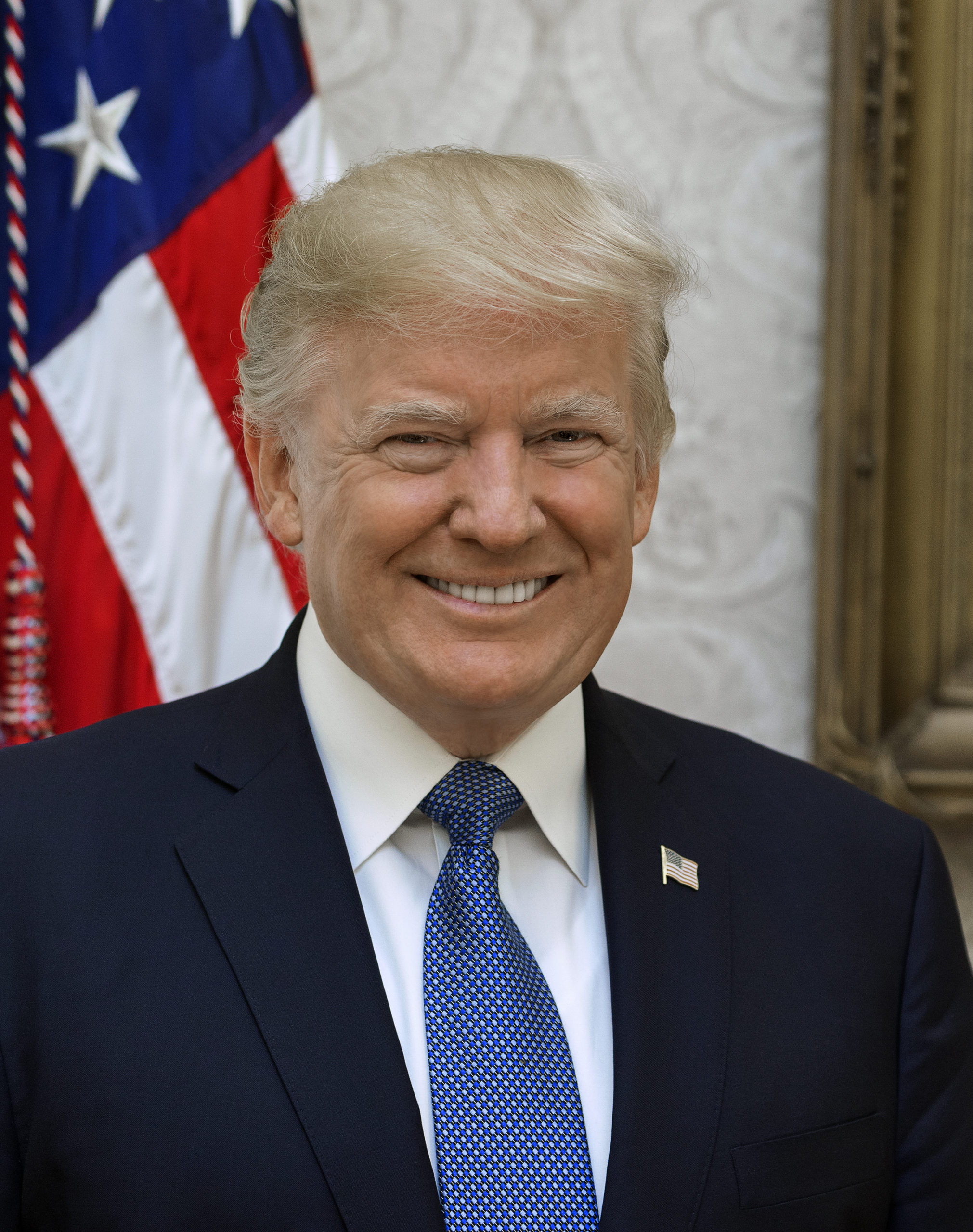Case: Trump v. United States Decision Date: July 1, 2024 Case Number: No. 23–939
In a landmark decision favoring Donald Trump, the Supreme Court has ruled that former Presidents are immune from criminal prosecution for actions taken while performing their official duties. The case, “Trump v. United States,” centers on allegations that Trump conspired to overturn the results of the 2020 election by spreading false claims of election fraud to obstruct the certification process. The Court decided that actions within the scope of a President’s official duties are protected, while unofficial actions are not.
The ruling sends the case back to a lower court to determine which of Trump’s actions were official and which were not. This decision balances the need to hold former Presidents accountable with the necessity of preserving the independence and effectiveness of the Executive Branch.
On July 1, 2024, the Supreme Court issued its opinion on the case “Trump v. United States,” addressing the criminal indictment of former President Donald J. Trump. The case centered around four counts of alleged misconduct following the November 2020 election. Trump was accused of conspiring to overturn the election results by spreading false claims of election fraud to obstruct the certification process.
Scope of Presidential Immunity:
The Court ruled that former Presidents are entitled to absolute immunity from criminal prosecution for actions within their exclusive constitutional authority.
There is presumptive immunity for other official acts unless the Government can show no intrusion on the Executive Branch’s functions.
Official vs. Unofficial Acts:
The Court emphasized the need to distinguish between official and unofficial actions. Official acts are protected by immunity, while unofficial acts are not.
The Court remanded the case to the District Court to assess which actions in the indictment are official and which are unofficial.
Constitutional Powers:
The President has conclusive and preclusive constitutional authority in certain areas, such as the power to pardon, appoint, and remove officials. These actions are absolutely immune from prosecution.
For actions within shared authority with Congress, a former President enjoys at least presumptive immunity from criminal prosecution.
Criminal Prosecution Concerns:
The Court highlighted the dangers of criminal prosecutions impeding the President’s ability to perform duties without undue caution.
Immunity is necessary to prevent the chilling effect of potential criminal liability on Presidential decision-making.
Historical Context:
The opinion references historical cases, including the treason trial of Aaron Burr and the Watergate scandal involving President Nixon, to establish precedents for Presidential immunity.
Conclusion:
The Court vacated the lower court’s ruling and remanded the case for further proceedings to determine the applicability of immunity to Trump’s alleged conduct.
This decision marks a significant interpretation of the limits of Presidential immunity, balancing the need for accountability with the protection of the Executive Branch’s independence and effective functioning.
Full text: https://www.supremecourt.gov/opinions/23pdf/23-939_e2pg.pdf


